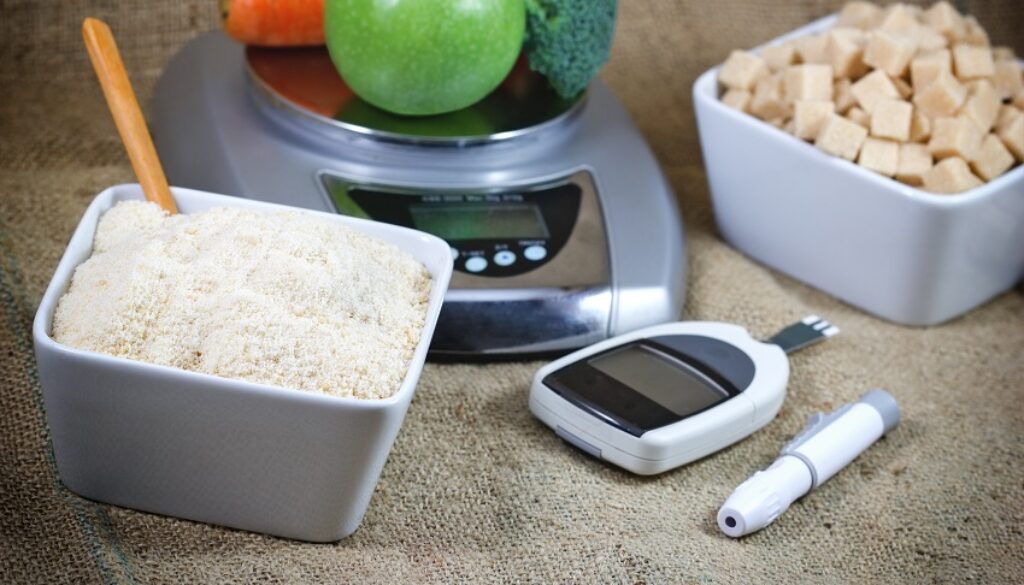Are You Managing Your Diabetes Effectively?
Diabetes Management
Living a healthy life with type 1 or type 2 diabetes is possible, but it takes a lot of effort and diligence to ensure that you’re making good choices. This is vital to avoid complications associated with these diseases. Following are some questions to help you evaluate how well you’re managing your diabetes.
Are You Eating Whole-Grain Foods?
Avoid white bread and instead opt for whole-wheat, pita bread and tortillas.
Do You Have Cereal for Breakfast? Is it Made from 100% Whole Grains?
If you’re not sure, it’s time to learn how to carefully check food labels. An internist can help.
Do You Add Salt to Most of Your Foods?
Using less salt can go a long way toward helping your heart!
How Many Times a Week Do You Eat Dark Green Vegetables?
These green vegetables (such as broccoli, spinach or Brussel sprouts) can help you maintain a healthy weight and avoid diabetes-related complications.
How Often Do You Exercise During the Week?
The Centers for Disease Control recommends at least 30 minutes of moderate-intensity exercise 5 or more days a week.
First, any exercise is better than no exercise. The good news is that studies show that even a small amount of regular exercise can make a difference. That being said, it is better to get 20 minutes of exercise every day than one hour of exercise one day a week.
How Often Do You Check Your Blood Sugar?
Every patient is different. Therefore, it is important to work with your doctor—and follow his or her instructions—to keep your blood sugar from becoming too high or too low. Studies show that patients who test their blood sugar levels frequently demonstrate consistently better blood sugar levels. It’s important to realize that blood glucose monitoring is only one part of diabetes management.
What is Your BMI?
If you don’t know your BMI—calculate your Body Mass Index here. Being overweight or obsess can affect your ability to successfully manage your diabetes. Your physician will be glad to work with you to customize a diet and exercise regimen for you.
How Many Sick Days Do You Have?
The best time to prepare for an incident is to have a plan in place. When you’re sick, it may be difficult to control your blood sugar. Low blood sugar in addition to an illness like bronchitis or the flu makes you weak, and it’s more difficult to concentrate.
Do You Have a “Medicine Box” Ready in Case of Illness?
When you’re sick, the last thing you want to think about is finding medications and easy-to-fix foods. It’s best to prepare ahead of time with simple over-the-counter remedies. The Centers for Disease Control suggest having these staples on hand:
- Sports drinks
- Crackers
- Canned soup
- Regular gelatin
- Over-the-counter pain relievers
- Medicine to control diarrhea
- A thermometer
- Antacids
Remember, if you can’t eat meals, be sure you are getting enough carbohydrates—roughly 50 grams every four hours.
What do all these tips have in common? Education. It’s important to not only understand your disease, but to understand your physicians’ instructions on how to effectively manage it. It’s also vital that you’re aware of how your own body is handling the disease. After all, how can you lower your blood sugar if you don’t know what your blood sugar is?




